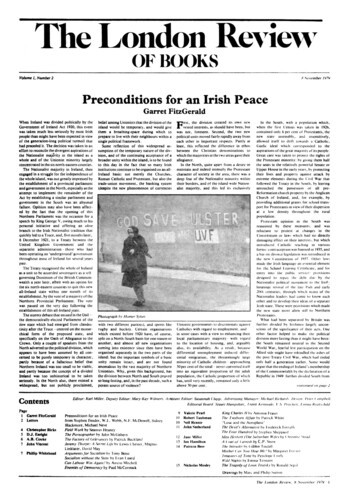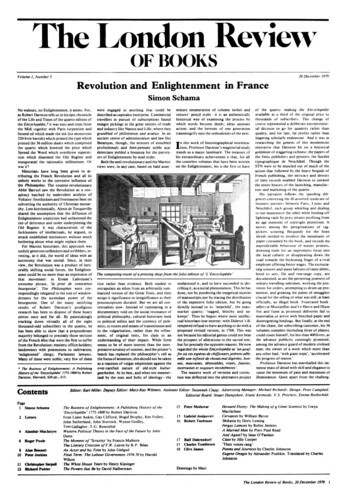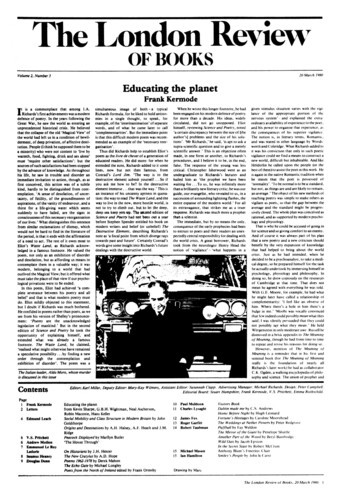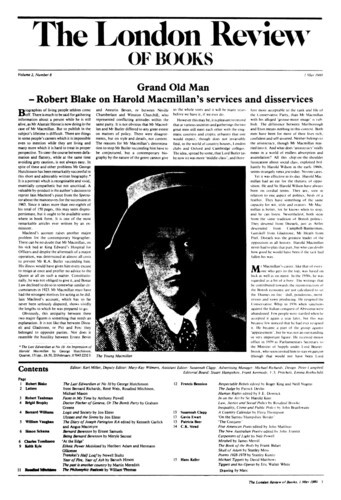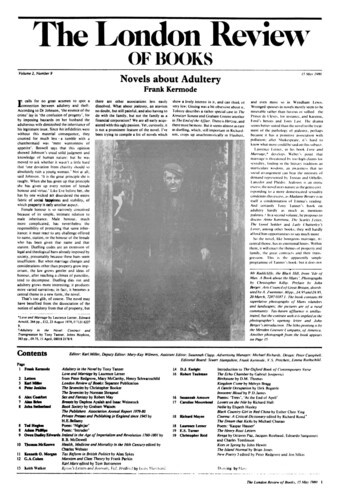He or She
Robert Taubman, 8 November 1979
One comes back so often to the question of what it means. The skill of the performance no less than the ambiguity of the material provokes such a response – a doubt about this novel. In other novels, Patrick White has offered the reader something more obvious to fix the attention, such as Voss’s intense and dominating will. In the absence of an obvious meaning nothing so fixes the attention in The Twyborn Affair. There is a good deal of absence in this book. Patrick White has been seen as sharing D.H. Lawrence’s interest in states of ‘pure existence’, but here it is questions of existence itself, and of the possibility of non-existence, that absorb him.
